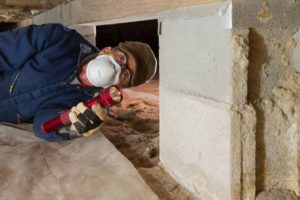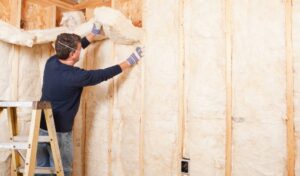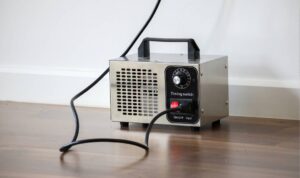Living in Seattle can be wonderful, but it also comes with its challenges, one of which is dealing with rodents. These small mammals can cause serious damage to your home and even pose a threat to your health. Thankfully, there are several ways to keep rodents out of your home and prevent infestations. In this blog post, we’ll look at some of Seattle’s most effective rodent control Seattle methods.
Understanding the Rodent Problem in Seattle
Seattle is home to several species of rodents, including rats, mice, and squirrels. These animals are attracted to the city’s mild climate, abundant food sources, and numerous hiding places. Unfortunately, their presence can cause a variety of problems for homeowners. Not only do rodents damage property and contaminate food, but they can also carry diseases harmful to humans.
The most common types of rodents in Seattle are:
1. Norway Rats
2. Roof Rats
3. House Mice
4. Voles
5. Squirrels
Each of these rodents has unique characteristics and behaviors, which can affect the methods used to control them.

Signs of a Rodent Infestation
The first step in rodent control is identifying the signs of an infestation. Some common signs to look out for include:
1. Rodent droppings
2. Chewed or gnawed items, such as food packaging, electrical wiring, or wood
3. Scratching or scurrying noises inside walls or ceilings
4. Nests made of shredded material, such as paper or fabric
5. Greasy marks along walls, floors, or baseboards
6. Unexplained holes or cracks in walls or floors
7. Sightings of live rodents or dead rodents
If you notice any of these signs, acting quickly to prevent the infestation from spreading is important.
Preventing Rodent Infestations in Your Home
The best way to control rodents is to prevent them from entering your home in the first place. Here are some tips for preventing infestations:
1. Seal any holes or cracks in walls, floors, or foundations. Rodents can squeeze through incredibly small spaces, less than 1-inch size! So, it’s important to be thorough.
2. Keep food in airtight containers and clean right away any crumbs.
3. Keep your home clean . Rodents love to hide in piles of clutter, so keeping things tidy is important.
4. Trim back any vegetation touching your home, as rodents can use it as a bridge to get inside.
5. Install door sweeps on all exterior doors to prevent rodents from slipping underneath.
6. Keep your garbage cans tightly sealed and away from your home.
7. Store firewood away from your home and at least 18 inches off the ground.

Using Traps to Control Rodents
If you have a rodent infestation, you can use traps to catch and remove the animals. Different types of traps are available, including snap, live, and glue traps. However, snap traps are the most effective and commonly used type of trap. Live traps can be a good option to release the animal back into the wild.
When using traps, it’s important to place them in the right locations and to check them regularly. Rodents are wary of new objects in their environment, so it may take some time to catch them.
Hiring a Professional Rodent Control Service Like Attic Crew
If you have a severe or ongoing rodent problem, you may want to consider hiring a professional rodent control service. These companies have the expertise and equipment to remove rodents from your home and prevent future infestations.
When choosing a rodent control service, looking for a company with a good reputation and experience dealing with rodents in Seattle is important. You should also ask about their methods to control rodents and whether they offer guarantees.
Conclusion
Dealing with rodents can be stressful, but you can keep your home safe and clean with the right approach. Following these tips, you can prevent rodents from entering your home, identify and remove existing infestations, and protect your health and property. If you need help with rodent control in Seattle, don’t hesitate to contact a professional service.



